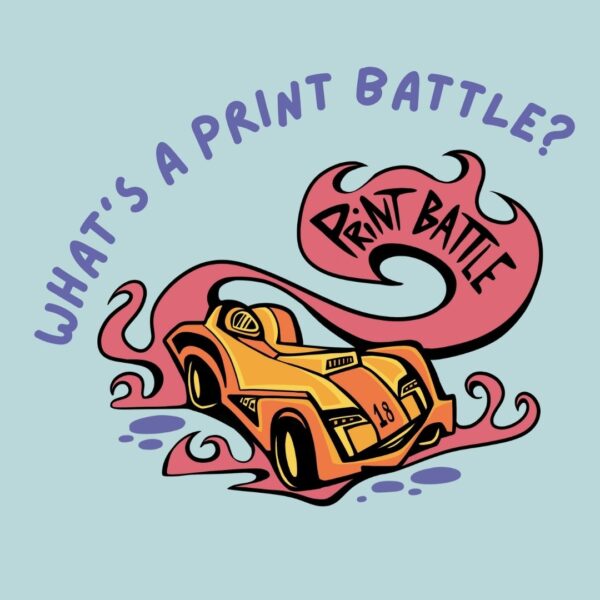Eat, Sleep, Repeat: there’s a meme doing the rounds all about repetition. As philosophies go, it’s a little simplistic, suggesting nothing so much as a kind of nihilistic stoicism. So if you want the antidote, consider the next show due to open at No Format Gallery.
RECURSIVE is a group show which looks at the cyclic nature of personal history, as suggested by the work of five international artists. The Gallery in South London is hosting Hitomi Kammai, Ant Pearce, Susan Francis, Simon Fell and Jane Boyer.
Boyer is also curating the show. The artist is losing count of the number of times she has by now also curated. Some kind of repetition compulsion might be at work there, except for the fact that Boyer draws inspiration, not from Freud, but from one of the authors of Anti-Oedipus, Gilles Deleuze.
Her group of artists may be select, but the show organiser is gathering them together with a proposition by the influential French thinker: “We don’t repeat because we repress, we repress because we repeat.” It sounds true, but what exactly might it mean?
The morning she was due to begin the hang in London, Boyer spoke with me on the phone. “It’s a difficult one,” she freely admits about her quotation. “In fact it’s given me a challenge, as well, to really wrap my head around it.” That at least is reassuring.
“He’s talking about an initial elemental experience we all have,” suggests the artist, “whether it’s the moment of birth or whether there’s some sort of trauma or some other thing that begins to develop and really solidify our identity.”
In other words, perhaps, we repeat to give us a sense of ourselves. We repeat because we could use this elemental experience in some way. And as life develops we try and fit these repetitions into our current situations.
Since repetition is so vital to us, says Boyer, “We begin to disguise that and perhaps, as [Deleuze] says, close it”. What really intrigues is that this originary experience is one we all share. Rather than a factor in a sickness, like one of Freud’s primal scenes, it appears to be a cornerstone of who we are.
The Califormian artist says that, while it never gets in the way of visual pleasure, she’s “very intrigued by and inspired by philosophy”. And in this respect particularly Deleuze: “As I read philosophy, I just have all sorts of mental images, that happen in my head and as a result I feel sort of compelled to get those images down in the artwork.”
Boyer makes no apologies for staging a show in which the philosophy is overt. Indeed she makes it sound like the most honest starting point: “Philosophy underlies every aspect of society so any attempt to look at art without philosophy would be like going to the movies without philosophy.”
While everyone gets, say, The Matrix (1999), some still balk at raw post-structuralism. “But it’s there, insists Boyer, “and whether or not they’re engaged with it and understanding it, it is in fact affecting their lives and and it’s entering their lives in ways that they may or may not be aware of.”
That holds true for Deleuze, however off the wall he might seem. His presence at this show is after all a result of a certain “clarity” which can be found in his work. Says Boyer: “It’s a sort of twofold clarity.” And the artist enjoys both the “brilliant” initial thoughts and his detailed explanations.
“What I’ve learned in reading Deleuze is to follow with him,” she says. “Sometimes it’s not easy, but to follow with him . . . he’s making a case and making an argument for each element, in his argument and then he brings it all together and makes a final statement”. Sounds clear as crystal.
But no one said curating was easy. “Curating my own work is particularly challenging,” says Boyer. So this week has been busy, and soon she could be back in her role as an artist. That is to say: read, paint, sleep, repeat.
RECURSIVE is at No Format Gallery, London, from October 9 to November 2 2014. See exhibition blog for more details.
- Review: Dana Arnold, A Short Book About Art, Tate (2015) - August 7, 2015
- Safe House Co: the store that is anything but - July 3, 2015
- One small city, four major collectors: a report from Oslo - June 5, 2015





